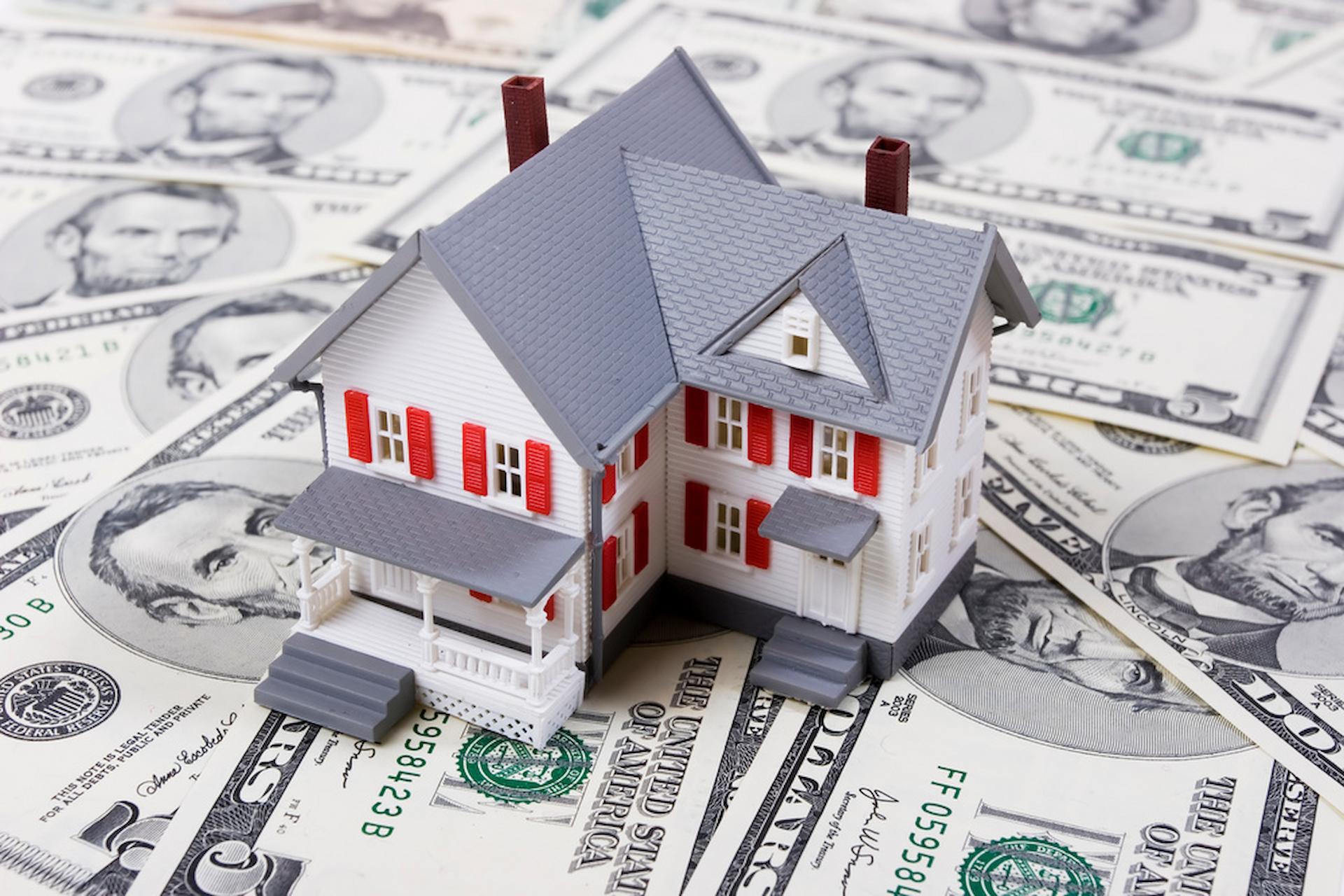In the 1965 Christmas classic A Charlie Brown Christmas, Lucy Van Pelt laments that she never gets what she really wants for Christmas. What is it that she really wants? Real estate. Though the story is fictional, the real estate principle holds true to this very day.
Real estate, in the form of both commercial and residential property, has been a fairly solid investment since the start of the postwar era. It has a lot to offer. For many first-time investors, residential property is the starting point.
There are many ways to make money in residential property. Here are just three of them:
As A Residential Landlord
More than one successful real estate investor got their start by buying a single residential home and renting it out. Residential rentals enjoy continuous demand for the simple fact that there will always be people who prefer to rent rather than buy. And don’t forget renters who cannot buy for one reason or another.
Investing as a landlord is all about generating monthly income that continues for as long as you own the property. Over the long-term, monthly rental payments can add up to a generous return on your investment. But there are downsides.
Landlords need to continually worry about maintenance and repairs. They need to deal with disrespectful tenants, unpaid rents, and other problems. Being a landlord is certainly no walk in the park.
As A Vacation Property Owner
Another way to make money in residential property is to buy and rent vacation homes. Under this scenario, you would look for homes in tourist-heavy regions where people would rather rent homes then pay for hotel rooms.
Two prime areas for vacation home rentals are central Florida and coastal Carolina. During peak season, vacation homes in both areas can fetch thousands of dollars per week. But purchase prices are not cheap. A vacation home capable of generating strong profits will carry a pretty high price tag.
Vacation property owners have the same maintenance and repair concerns as residential landlords. In some cases, the concerns are greater because vacationers are not long-term tenants. They come and go quickly. They often show little to no concern for property owners.
As A House Flipper
A third option for making money in residential property is flipping homes. It was all the rage during the 1990s housing boom, and then again following the 2008 housing crash. House flipping ebbs and flows with housing demand. That is just the reality.
While house flipping can be profitable, it can also be risky. Success hinges on quick turnaround. And of course, funding is always a concern. Actium Partners, a Utah hard money lender, explains that many hard money lenders will not go near house flipping. Some do, but they are in the minority. House flippers often need to obtain customized mortgages from traditional lenders to obtain their properties.
The other substantial risk with house flipping is being stuck with a house you cannot sell. Every property in a flipper’s portfolio represents financial resources that remain tied up until the house sells. Having to wait on several houses to sell could stop a flipper in their tracks. That translates into no revenue coming in.
There are still other ways to make money in residential property. The three explained here are the most common options for first-time property investors. One thing is for sure: residential and commercial property alike continues to be a stable long-term investment. If you could put investment funds into only one vehicle, it would be hard to do better than property.


